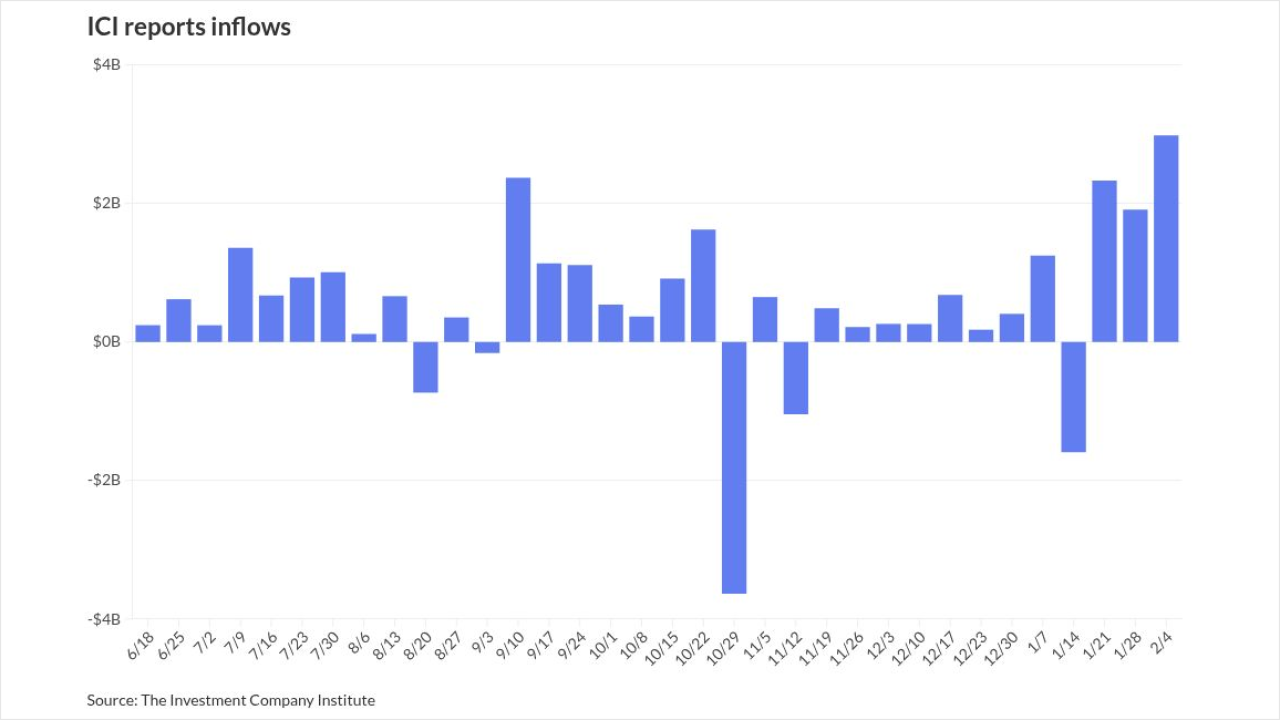CHICAGO — The Chicago Board of Education suffered its latest credit blow Thursday when Kroll Bond Rating Agency dropped its rating two notches to BBB-minus.
The good news for the beleaguered school system was that Kroll retained the district's only investment-grade rating.
Kroll lowered the rating, removed it from negative watch, and assigned a negative outlook.
The action marked the rating agency's first downgrade since it published its first public finance rating in March 2012, the firm said.
Moody's Investors Service, Fitch Ratings, and Standard & Poor's all have pushed the board's $6 billion of general obligation debt down to junk. Kroll began rating the board's debt in March. The board did not seek a Moody's rating for its sales earlier this year.
Kroll's action on Thursday came one day after the board passed a $6.4 billion budget that banks heavily on one-time revenues and assumes a far-from-certain $480 million of state pension help to help close a $1.1 billion deficit.
The board also approved $1.04 billion of borrowing some of which will refund debt, pushing off near-term payments for relief. It also will help cover the cost of cancelling defaulted swap contracts and converting the associated floating-rate debt to fixed. The board also will pay for some capital projects.
"While KBRA recognizes that there is increased momentum at the state level to develop a long term funding solution for Chicago Public Schools, we remain concerned as to timeliness and probability of action being taken to provide the funding needed to balance the fiscal 2016 budget," analysts wrote.
Without the state support on pensions, the district's leaders have warned of the need for cuts and more borrowing.
"KBRA views the potential for borrowing to balance operations in the absence of a funding solution from the state as a significant negative credit factor," analysts said.
KBRA said the downgrade was driven by the structural budget imbalance and also reflects the board's weak liquidity position and increased dependence on external cash flow borrowing to support operations.
State leaders have floated proposals that include the state picking up about $200 million of the district's teacher's pension fund contribution similar to what it does for other districts. Various pieces of legislation would also re-amortize the district's teachers' fund payment schedule, end the district's coverage of 7% of the 9% payment it makes on behalf of teachers, and start the process toward overhauling school aid formulas.
Chicago Mayor Rahm Emanuel has also floated reinstating a pension fund property tax levy. Gov. Bruce Rauner and the General Assembly's leaders remain locked in a budget impasse and have made no headway on school pension support.
Kroll said the district projects available cash at the close of the new fiscal year to be just under $200 million. The system's chief financial officer, Ginger Ostro, warned Wednesday of the district's precarious cash flow position and reliance on a $935 million line. The district tapped out $700 million in fiscal 2015 lines that must be repaid in October.
Kroll noted that $5.8 billion of the board's debt load carries an alternate revenue bond pledge which provides "strong" bondholder protections in the form of a pledge of state aid and an established property tax levy as the secondary source of security. The board's debt service obligations and capital lease obligations accounted for 8% of total governmental expenditures in fiscal 2014, Kroll said.
Further credit deterioration could result without a long term fiscal solution at the state level or if structural imbalances continue, or CPS' liquidity position weakens.
The proposed budget relies on $200 million of previously announced cuts, $480 million of state help on the district's $688 million teachers' pension fund payment, $250 million of debt restructuring, $75 million from reserves, $62 million from tax-increment financing surplus revenues, and $80 million in higher property tax revenue.
Standard & Poor's lowered the board to BB with a negative outlook earlier this month. Fitch late last month dropped the district to BB-plus and has it on negative watch. That followed Moody's move in May dropping it to Ba3 with a negative outlook.





